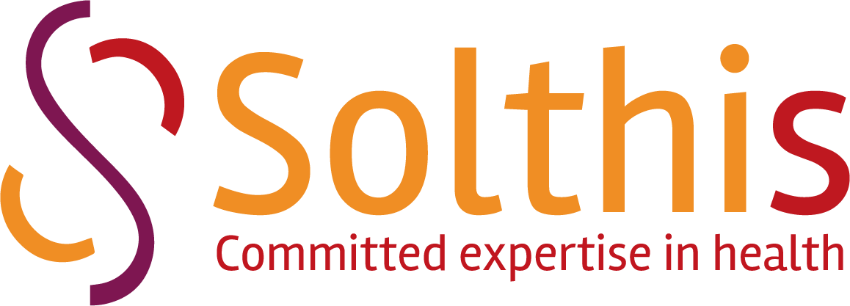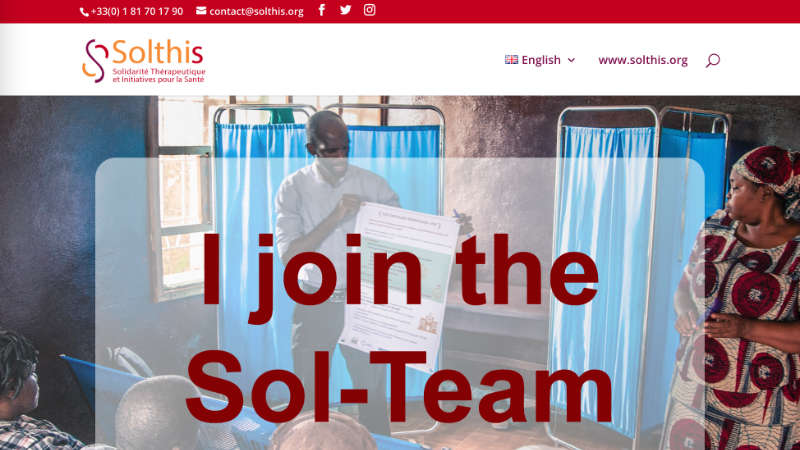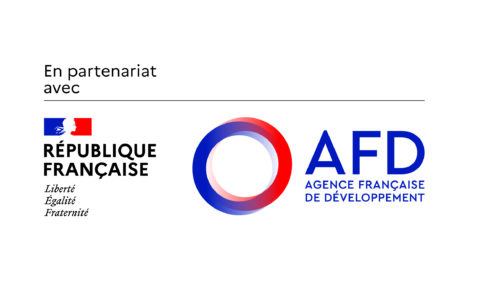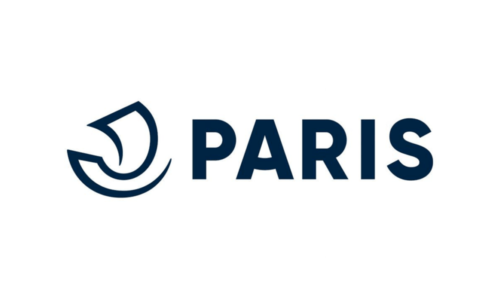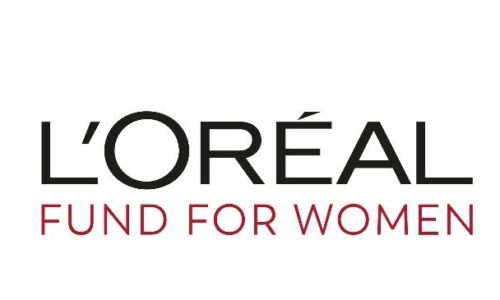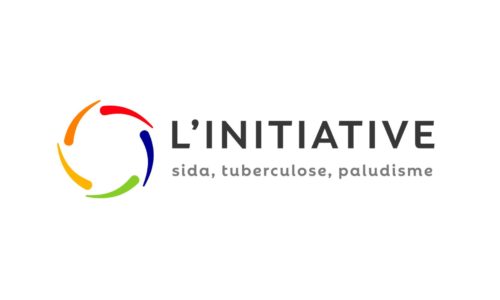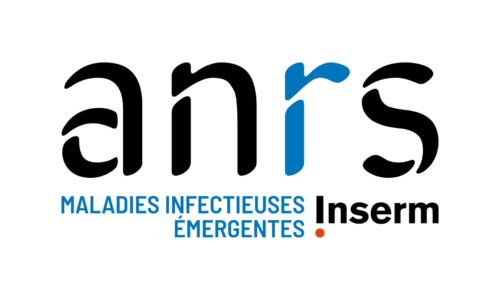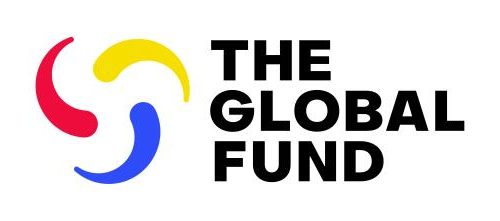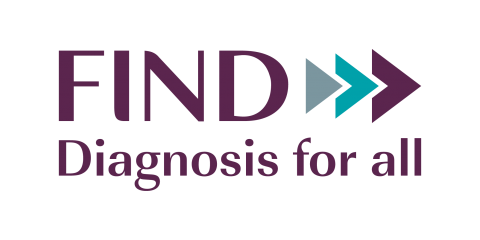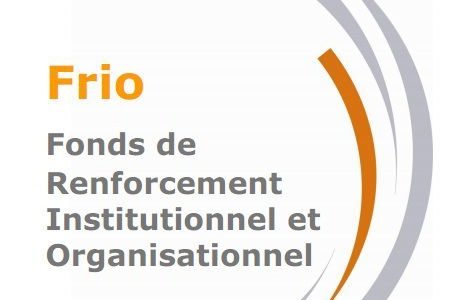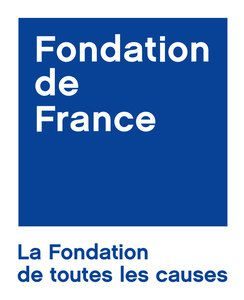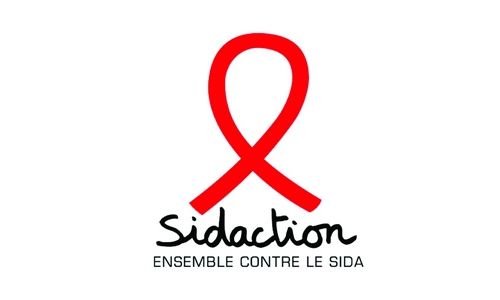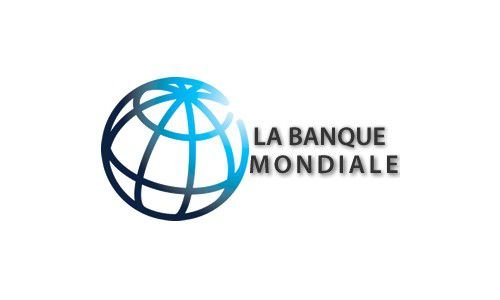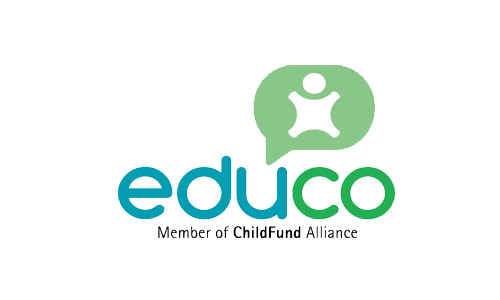Paediatric Tuberculosis in Sierra Leone: Engaging media institutions to participate in increasing TB diagnosis in Children
12 February 2019 | Informations
SIERRA LEONEFighting tuberculosis
On January 31st, Solthis participated through the Project TB-Speed in the National Media Conversation and training on TB reporting, organized by a national partner, CISMAT-Sierra Leone (Civil Society Movement Against Tuberculosis in Sierra Leone). More than 25 members of the media (TV, radio, print) across Sierra Leone were present at this 1-day meeting.
For CISMAT-Sierra Leone: “The Role of the media plays a central role in contributing to the elimination of Tuberculosis. Tuberculosis (TB) received inadequate coverage from the media, much has not been reported in newspapers, radio and TV about the prevention, care and control of TB. Engaging the media in TB is one of the paradigm shifts to end TB. The public needs to know the signs and symptoms, and prevention of TB”.
Indeed, the media meeting was an opportunity to raise awareness on the challenges of paediatric TB in Sierra Leone, which is the focus of the TB speed project; to improve TB diagnosis in children. Today, a majority of children with TB are still not diagnosed or reported and do not benefit therefore from appropriate treatment due to poor access to adapted childhood diagnosis in many health centres, especially at district and primary healthcare level.
As highlighted by Dr Lena Matata (Project Coordinator, TB-Speed project, SOLTHIS NGO) existing diagnostic tools for adults are not appropriate for children: the TB sample collection using sputum for example is not effective for children because many of them do not produce sputum, and deep cough is easier in adults, difficult in children (especially in severely malnourished, HIV-infected, and children with severe pneumonia).
Since 2017, Solthis is collaborating with the Ministry of Health – National Leprosy and Tuberculosis Programme (NLTCP) in working together via the Project TB Speed, with in-country TB partners such as CISMAT-SL to implement and decentralize new paediatric TB diagnosis strategies and tools in order to reduce TB related death cases in children in Sierra Leone, and globally.
After the presentation of the project TB Speed goals and implementation plan for Sierra Leone, a number of questions were raised by members of the media and were responded to by Dr. Lena Matata ((Project Coordinator, TB Speed project SOLTHIS NGO). See below an extract of the interview aired on Culture Radio 104.5 FM Sierra Leone by Journalist Mr. Momoh Conteh and Station manager, Ms. Aaminata
In the same vein, a national dialogue meeting with City Mayors and district Chairpersons were organized on February 7th, 2019 by CISMAT-SL and was also an opportunity for TB-Speed project to raise awereness about Paediatric TB and present its work.
 Photo taken from the Ministry of Health, Lab TWG meeting with the TB-Speed team,2018
Photo taken from the Ministry of Health, Lab TWG meeting with the TB-Speed team,2018
Questions raised by media members in February, 7th.
- Q) What is the difference between common cold, pneumonia and TB?
- R) common cold is a self-limiting disease of the upper respiratory tract, mainly caused by viruses and usually needs no treatment or requires mild symptomatic management such as throat lozenges, mild pain/fever relief. Pneumonia is a disease of the lungs/lung structures and can be caused by various organisms and it includes bacterial pneumonia, pneumonia due to pulmonary tuberculosis (by the bacteria Mycobacteria tuberculosis), fungal pneumonia. To define Tuberculosis further: it is an infectious disease that is caused by a bacterium (Mycobacteria tuberculosis), and is transmitted from one person to another through inhaled droplets. It most commonly affects the lungs (pulmonary tuberculosis), but it can spread and affect other parts of the body (extra-pulmonary tuberculosis). If not identified and treated TB disease leads to death. It is a public health challenge and contributes to childhood mortality in high TB burden countries.
- Q) What is the reason for lower TB case notification in Sierra Leone during the period of the Ebola epidemic?
- R) The health care system was overwhelmed by the epidemic, this led to strain of the health resources such as health facilities, health manpower and financial resources, as emergency and increased resources were required to focus on the Ebola epidemic, and also movement of suspected TB patients to health facilities was hindered in some districts due to fear of contracting Ebola virus.
- Q) How can TB be prevented?
- R) TB infection (inactive TB) is prevented by childhood BCG vaccination, preventing childhood malnutrition, reducing circumstances leading to residential over-crowding/poor ventilation, reducing contact of vulnerable persons (children, very elderly, PLWHIV) with source cases. Prevention of progression of TB infection to TB disease, through appropriate medical treatment of vulnerable contacts.TB disease (active TB) is prevented by identifying and treating all cases with TB infection and TB diseases (to protect all members of the community), preventing/treating all opportunistic infections in vulnerable populations such as persons living with HIV/AIDS (PLWHIV), BCG vaccine is also important for preventing severe TB disease in children.
- Q) Can pregnant women with TB transmit TB to their children?
- R) Yes. In the pregnant woman, the unborn child can contract TB disease, as the TB bacteria can be transmitted via blood vessels to the placenta (but this is a very rare mode of contracting TB disease). It is more important to note that after birth if the mother has TB disease and she is not on treatment, she will put the vulnerable child at risk of TB infection due to the close proximity between mother and child.
- Q) Other than vaccination what are the other ways to prevent TB?
- R) TB infection (inactive TB) is prevented by BCG vaccination, preventing malnutrition (malnutrition reduces immunity especially in children), reducing circumstances that lead to over-crowding especially in residential areas and improving ventilation in residential areas/public transport, reducing contact of vulnerable persons with source cases. Prevention of progression of TB infection to TB disease through appropriate medical treatment of vulnerable contacts. TB disease (active TB) is prevented by identifying and treating cases with TB infection and TB diseases (this is important to protect all members of the community), preventing/treating opportunistic infections in vulnerable populations such as persons living with HIV/AIDS (PLWHIV), BCG vaccine is important for preventing severe TB disease in children.
- Q) In the presentation you provided list of alternative methods for obtaining sputum samples in children, how about in adults?
- R) The best method to obtain a sputum sample in adults is through deep cough, if the adult is very elderly or very sick (such as unconscious) the sample can be obtained via obtaining a sample from the stomach using a soft/flexible tube inserted via the nostrils (Nasogastric tube). Other alternative methods for obtaining samples in adults are under research.
- Q) What is the relationship between TB and HIV?
- R ) Persons Living with HIV (PLWHIV) are at higher risk for both TB infection (inactive TB) and TB disease (active TB), and HIV makes it easier/faster to progress from inactive to active TB. This is because HIV weakens/lowers the immunity of an individual, especially if PLWHIV is not already on ART management. PLWHIV are also at risk of severe TB disease including extra-pulmonary TB disease. The relationship between TB and HIV is even more challenging in childhood cases, the diagnosis of TB in children living with HIV is a challenge due to difficulty in identifying the bacteria in a sputum sample.
- Q) Sierra Leone is reported as one of the 30 high burden TB countries, where is this data recorded?
- R ) The data is collected & recorded by the Ministry of Health (National Leprosy and TB Control Programme) and is reported to international health organisations, specifically the World Health Organization (WHO) which provides a data report for all countries, in the annual global TB report.
- Q) What are the key messages to the public for prevention of TB?
- R)
- Vaccinate ALL children against TB with BCG vaccine at birth or soon after birth. Children should also receive ALL childhood vaccines.
- Give children a balanced, nutritious and healthy diet to prevent malnutrition
- Simple measures like increasing ventilation & cough etiquette are key to reduce spread of infectious droplets.
- All persons incl. children with the following symptoms: cough for 2 weeks or longer, fever, night sweats and unexplained weight loss should seek health care at the nearest health facility.
- TB diagnosis & treatment (drugs) is free in all health facilities.
- TB disease is preventable, treatable and curable
- Q) Where is the GeneXpert machine for TB diagnosis found in Sierra Leone?
- R) GeneXpert for TB diagnosis in Sierra Leone as of year 2018 is available in 11 sites across the country such as Ola During Childrens Hospital, Chest clinic, Military 34 Hospital, Port Loko Government Hospital, Bo Government Hospital, Kono Government Hospital and other health facilities.
- Q) When does a person who is on TB treatment become not infectious?
- R) A person who is on TB treatment and is taking the TB treatment correctly (daily without missing drugs) will be less infectious in approximately 2 months
- Q) How long can BCG vaccine prevent TB disease?
- R) Immunity from BCG vaccine lasts for approximately 15 years, it is most important in protecting children from severe TB disease.
- Q) Can a person with TB produce bloody sputum
- R) Yes. Cough with bloody sputum can be a symptom of TB disease, it is most common when the lungs are extensively affected by the disease. It resolves when the patient begins treatment.
- Q) Does TB disease require special nutrition?
- R) TB disease requires the patient to eat a balanced, nutritious and healthy diet, to support a strong immunity and rebuilding of their energy. Children with TB are also checked by the health worker for any signs of malnutrition and are managed appropriately.
- Q) Is psycho-social management important in TB?
- R ) Yes counseling for the patient, the patient's caregivers, families and loved ones is important to ensure that patient(s)/and their families are not isolated, lonely, depressed, angry, fearful and that they are encouraged and motivated to take the medication for the entire 6 month treatment duration.
- Q) Do health care workers keep TB diagnosis confidential?
- R) Yes, health care workers are bound by patient-doctor confidentiality to keep TB diagnosis and all health diagnosis confidential. Health care workers also respect a human-rights based approach to TB management.
- Q) Can the GeneXpert machine perform any other tests, or is it only for TB diagnosis?
- R) Yes, the GeneXpert platform can be used to perform other tests, and this is the case in Sierra Leone. The same machine has been used for Ebola virus diagnosis. Currently it is used for a special test for monitoring drug treatment in HIV management (viral load test), and a special test to make a diagnosis of HIV in infants (HIV PCR, for early infant diagnosis), and of course for TB diagnosis. The different tests and different samples are placed in different small containers referred to as cartridge to be able to perform the various tests in the GeneXpert platform.
